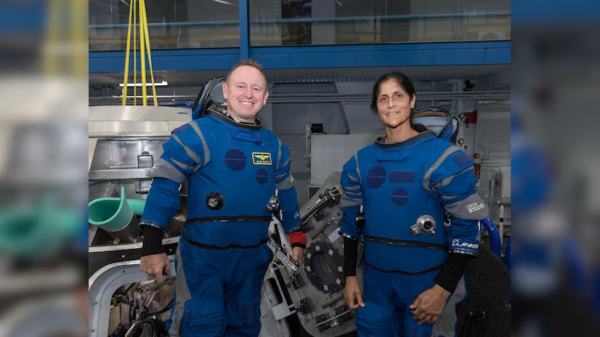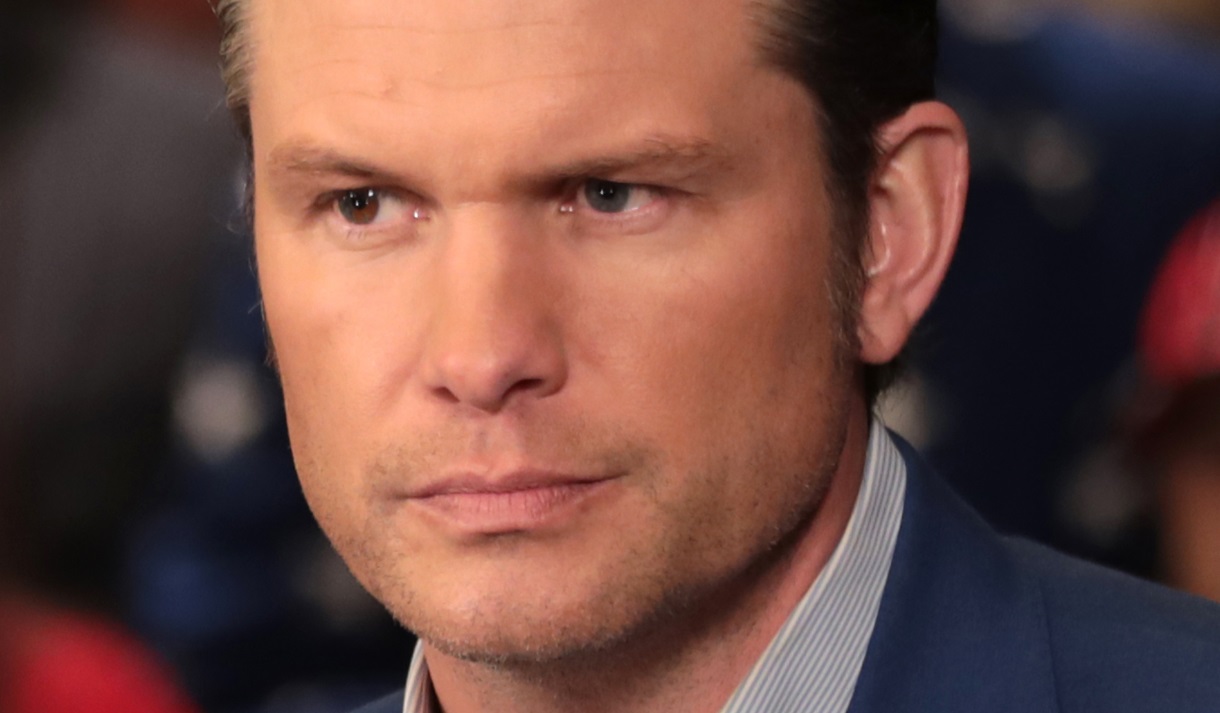
Florida Sen. Rick Scott unwittingly served up CNN’s Jake Tapper the journalist’s equivalent hanging curveball, but when Tapper tried to swing at it, Scott pulled it back.
Making media rounds supporting President-elect Donald Trump‘s cabinet nominations, Sen. Scott — like many MAGA Republicans — is decrying the criticism of Trump’s SecDef choice Pete Hegseth, characterizing questions about his fitness as character assassination.
On CNN, Scott was especially incensed by the anonymous sources cited in the media, sources which have helped create what he characterizes as an unfair portrait of Hegseth — a combat veteran and Fox News star — that shows him as a hard-drinking serial philanderer who also allegedly mismanaged the finances of two nonprofit veterans organizations.
[A stinging report in The New Yorker magazine surfaced many of these alleged claims about Hegseth, and other outlets have alleged that even his colleagues at Fox harbored concerns about his drinking. As is often the case, these accusations are made behind a veil of anonymity.]
Scott doesn’t appreciate or respect that veil of anonymity and asks Tapper that the media only deliver views derived from free speech that is claimed by its speaker — that is, he asks that a name be attached to any accusation so that hearsay and innuendo don’t doom a nominee.
This is the hanging curve for Tapper, who wants to quote named sources in reporting on Hegseth but who is prevented — in one particularly relevant case — from doing so.
That’s because one of the most explosive charges against Hegseth is that he allegedly — as Tapper says — reached a settlement to pay money to a woman who accused him of rape in 2017, and required her to sign a non-disclosure agreement (NDA) prohibiting her from discussing Hegseth or the incident.
Tapper uses this example to portray what he sees as a hypocritical contradiction in Scott’s assertion, contending that Scott wants free speech and attribution — except in cases where silence is paid for as part of a contract between Hegseth and one of Hegseth’s accusers.
[NOTE: After a police investigation, the incident did not result in Hegseth being charged with a crime.]
Tapper: That woman Hegseth paid her money and she signed a NDA so she can’t come on my show to talk about it. Do you think Pete should release her from the NDA so that I can ask her the questions that you want me to
Scott: Absolutely not. pic.twitter.com/nIKTN9PI5u
— Acyn (@Acyn) December 4, 2024
Voicing his disdain for anonymous sources, Scott indicated that Tapper should try to get someone to speak on the record about Hegseth. If the media is going to continue to besmirch Hegseth’s reputation, as Scott contends, the same media ought to name its sources and transparently tell the stories of those who accuse Hegseth of misconduct and worse.
Tapper seems astonished that Scott makes this suggestion — because it is precisely Hegseth and his NDA that are preventing Tapper and others from interviewing the woman about Hegseth’s actions.
Tapper jumps at Scott’s implication: If Scott really wants the media to interview named sources with direct information about Hegseth’s behavior, shouldn’t he recommend to Hegseth that the embattled nominee release the woman from her obligatory silence as stipulated in the NDA?
Tapper: “Shouldn’t Pete Hegseth release this woman from her nondisclosure agreement so that I can interview her directly?”
“Absolutely not,” Scott replies.
Tapper: “Do you want me to ask her questions or do you not want me to ask her questions?”
Scott: “I’m not going to suggest that somebody, you know, change a contract that they signed.”
But wouldn’t that release solve the problem with anonymity that Scott says bothers him so much? “How am I supposed to interview her and have her not be anonymous anymore if he won’t release her from the nondisclosure agreement?” Tapper asks.

















































